Postpartum Hives – Causes & Remedies for Those Rashes & Reddish Bumps!
Postpartum changes in the body can take away the joy from tending to your baby. Guess what, the mother needs care too as does the baby.
On Apr 10, 2023 – 6 minutes read
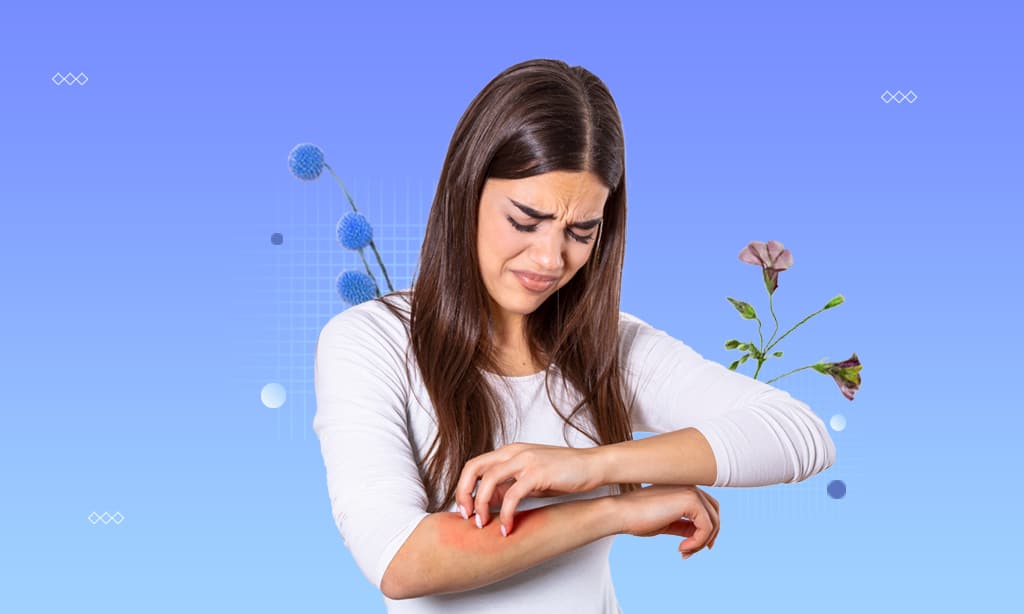
New mothers have to deal with postpartum symptoms every day. Postpartum hives might be one of them. It is a skin condition that causes rashes and reddish bumps.
After having a baby, maternity instincts kick in and new mothers get focused on the infant. The baby needs all the love and care it can get, but it is important to take care of yourself as well.
Your body has to go through a lot; the hormonal changes may make it challenging for you to navigate through motherhood. It can especially be overwhelming if you are a new mom. Postpartum Hives are pretty common in women who have just given birth, but not every woman has experienced them.
Everything You Need to Know
It can appear as temporary skin conditions even if you have never experienced them in your life. But it’s nothing to be worried about. Hives usually disappear quickly. But what are the reasons for Postpartum Hives? Keep reading to find out.
What are Postpartum Hives?
They are skin rashes that appear on people who have just given birth. But it’s not only for new moms; it can be seen in about 20% of people. Postpartum Hives are usually caused because of allergic reactions or because of extreme stress. Having hives on your body suggests that something is not quite right with your immune system.
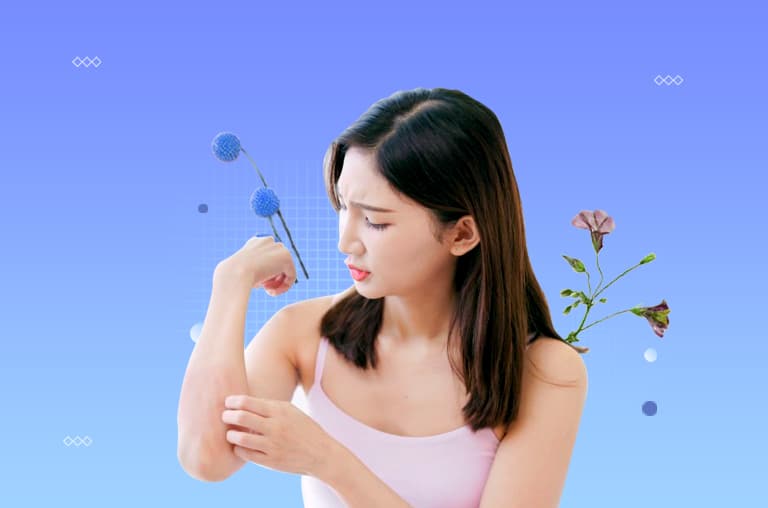
In the first few weeks of postpartum, it is common to have hives. They affect a good percentage of women during the period after they give birth. Postpartum Hives usually appear and red rashes or welts on the skin. The skin becomes itchy and irritated. They might appear on your back, arms, or feet. Some women have also reported that they have had hives on their legs as well.
Causes of Postpartum Hives
The scientific reason behind hives is simple. When allergens enter the body, a protein called histamine (1) is released into the bloodstream. This protein causes blood vessels to bloat, releasing plasma into the skin. This fluid is collected in the skin. The skin becomes irritated and rashes and welts appear.
Anyone is susceptible to hives. The stress of delivering a baby and the hormonal changes that come with it may increase the risk of having hives postpartum. Some women only experience hives for about a week after their delivery, while for others they last longer.
One of the major causes of Postpartum Hives might be your liver. In pregnancy, the body is under a lot of stress, which affects your liver. The liver might thus slow down on filtering out the toxins from your blood and result in complications like hives.
In severe cases of liver imbalance, medication is prescribed. Some of the other causes or triggers for hives are:
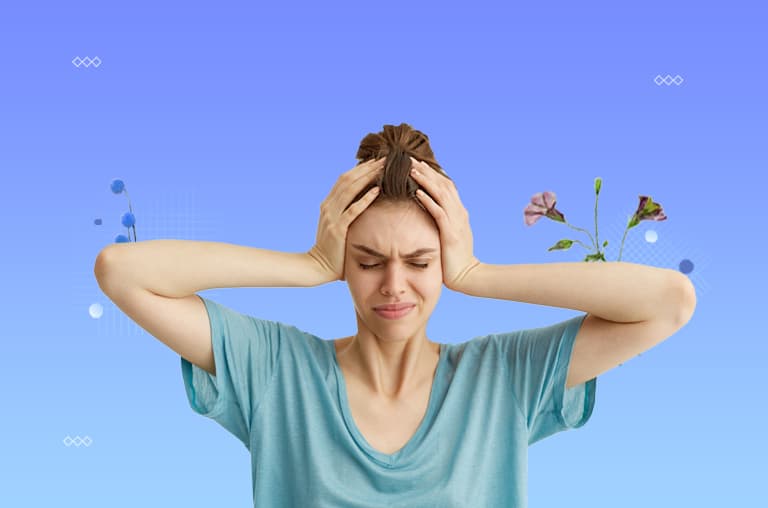
Symptoms of Postpartum Hives
- Postpartum hormonal changes.
- Allergies.
- Acute thyroid or other medical conditions.
- The preservatives and additives in the food or the food itself.
- Infections.
- Exposure to extreme climates.
- Not getting enough sleep.
- Extreme stress and anxiety.
- Wearing tight clothing that doesn’t allow your skin to breathe.
Hives usually present themselves as red, bumpy rashes on your skin. (2) You are likely to get hives if you have had similar rashes or allergic reactions before giving birth. The majority of cases have experienced similar symptoms.
The common symptoms of Postpartum Hives are :
- Irritated or itchy skin.
- Welts which are red or in the same color as the skin.
- The rough texture of the skin.
- Rashes resembling eczema.
How Long Do Postpartum Hives Last?
Typically, it disappears quickly. You don’t have to be anxious about them because they are usually mild. But, how long Postpartum Hives last really depends on what causes the hives.
If allergies are causing your hives, they should clear up as soon as your body can process out the allergen. You can remove yourself from the vicinity of what is causing your allergy so that your hives don’t come back.
If Postpartum hives are caused because of an imbalance in your liver function, they should clear up in about a week. But in some women, it might take up to 6-8 weeks for the hives to clear up completely.
How To Get Rid of Postpartum Hives?
It can be pretty annoying to have itchy skin. If the hives keep coming back, you might be allergic to something; consult an allergy specialist to find out what exactly you are allergic to.
Home Remedies for Postpartum Hives
But there are certain home remedies that you can practice to try to soothe your Hives:
Bath
Bathe in cool or lukewarm water. You can soak some oats in a microfiber cloth and add that to your bathwater. The anti-inflammatory properties of oats will help to soothe your skin and reduce swelling.

Cold compress
Take a few ice cubes and wrap them in a towel and place it on the affected area. Repeat this 3-4 times a day. It will help to reduce the flow of histamine into the bloodstream. This will make the postpartum hives disappear soon.
Aloe vera
Aloe vera gel is excellent in alleviating irritated skin and improving skin conditions. Apply fresh aloe vera gel to the affected area and after 20 minutes, rinse it off under cool water. You can do this several times a day for relief.
Apple Cider vinegar
Apple cider vinegar is full of anti-histamine properties and will help with inflammation. Take equal parts apple cider vinegar and equal parts water. Then, clean the affected area with a cotton pad dipped in this solution. Doing this twice a day would suffice.

In most cases, Postpartum Hives hardly require medical treatments. But doctors prescribe medication for severe cases. And if left untreated, it might lead to anaphylactic shock.
Some of the common treatments for Postpartum Hives are antihistamines, medical lotions for itching and irritation, etc. Steroids and epinephrine (3) are also given. In cases of serious liver imbalance, a medication called ursodeoxycholic acid is prescribed.
One of the most common concerns voiced by new mothers is what effect do postpartum hives have on breastfeeding. The medication taken for hives, like antihistamines which have loratadine and fexofenadine is safe for your baby when it drinks breastmilk. It doesn’t lead to your child having any side effects. But it is best to not take medication unless it is absolutely necessary.
FAQ
It can be anything ranging from hormonal changes to the presence of allergens in the body.
They usually go away on their own. But consult a doctor if it’s severe.
Postpartum Hives start around the time after you deliver your baby.
Normally it doesn’t. But some medications might reduce your milk supply a littlẹ.
In most cases, this means that you’re coming into contact with your allergen close to bedtime. It can be something you ate or the fabric of your sheets or pajamas.
Final Verdict
Postpartum Hives is a skin condition in women who have just giving birth. They appear as rashes on the skin. Hives are typically seen within the first month after delivery. It is caused by the many changes that are happening postpartum.
Hives often go away without any additional treatment, so there isn’t a reason to panic. It can be annoying to have a rash that is itchy when you’re taking care of your baby. Remind yourself to take care of your body and mind as well.
If you’re a new mom and you feel overwhelmed by all the changes that your body is going through, slow down a little and breathe. Stress will cause hives too. If you are experiencing hives, rest assured. It will get better soon. In the end, all that matters is that you and your baby are happy and healthy.

Subscribe to Newsletter
Elevate your routine, stay on trend, and embrace a personalized beauty journey with our curated insights.
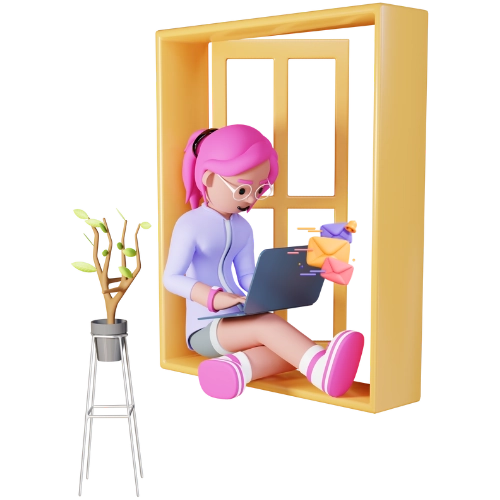

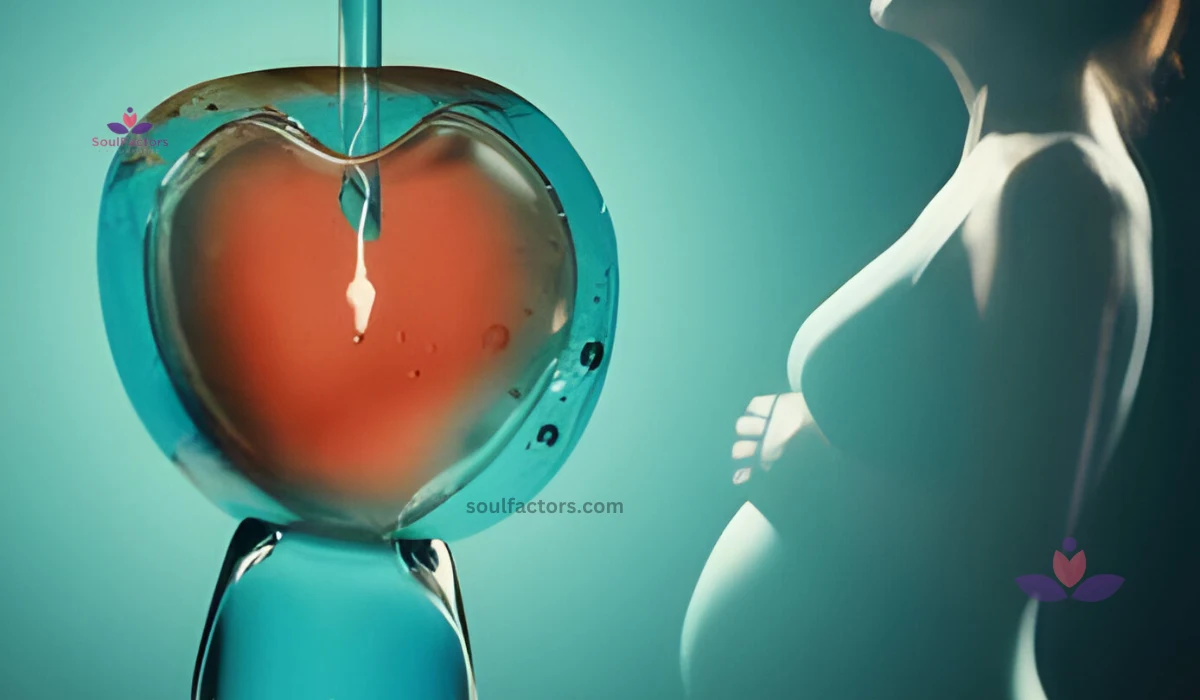
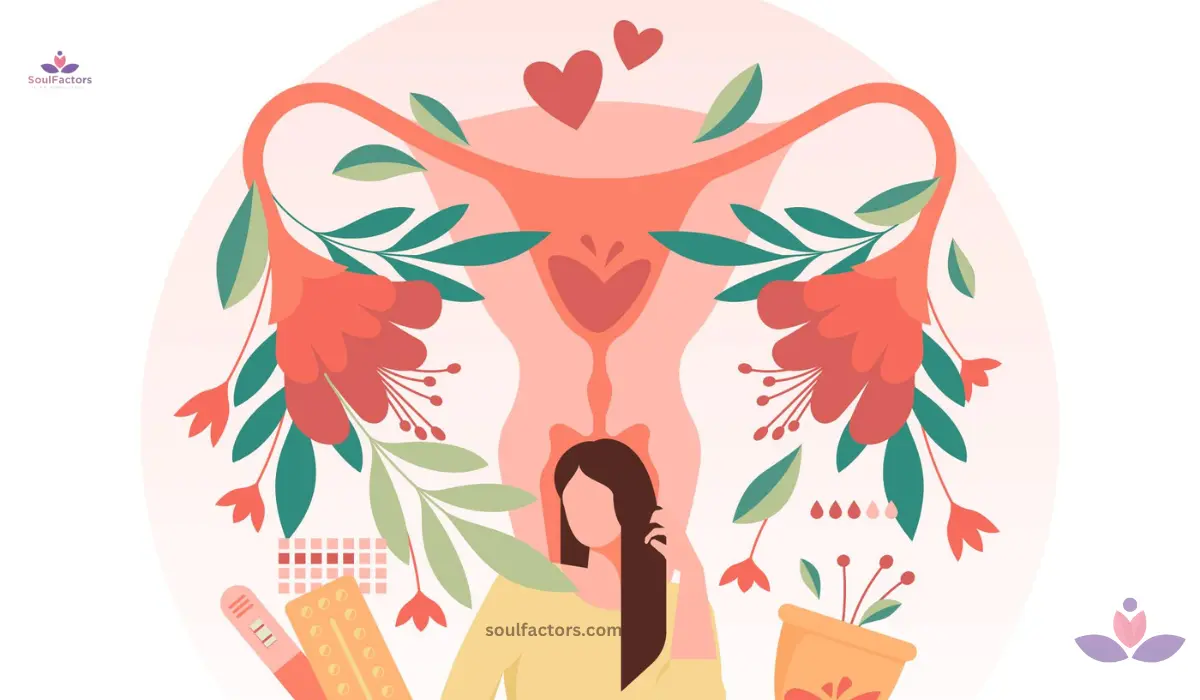
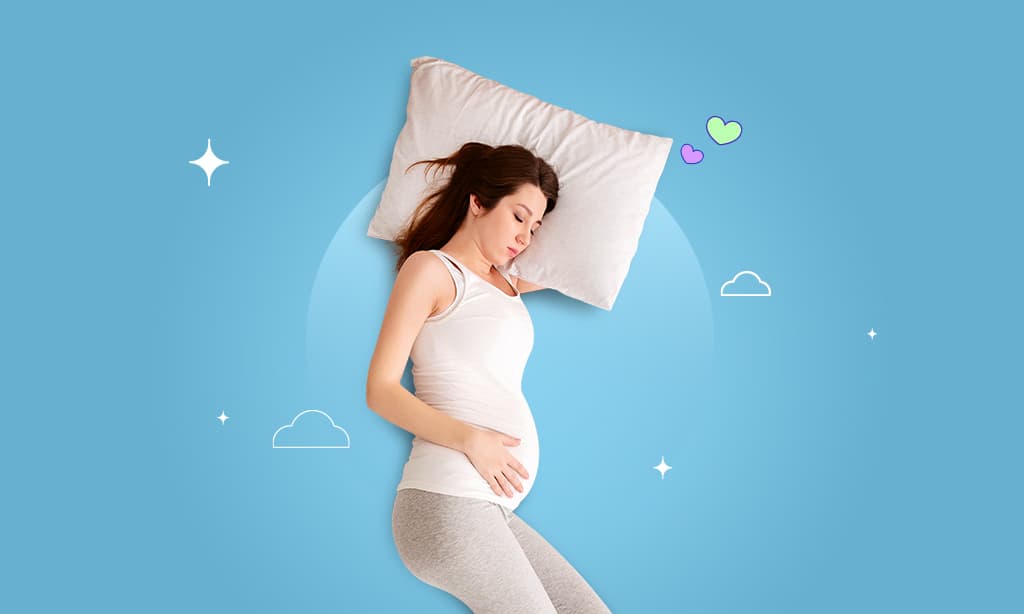
Write a Comment